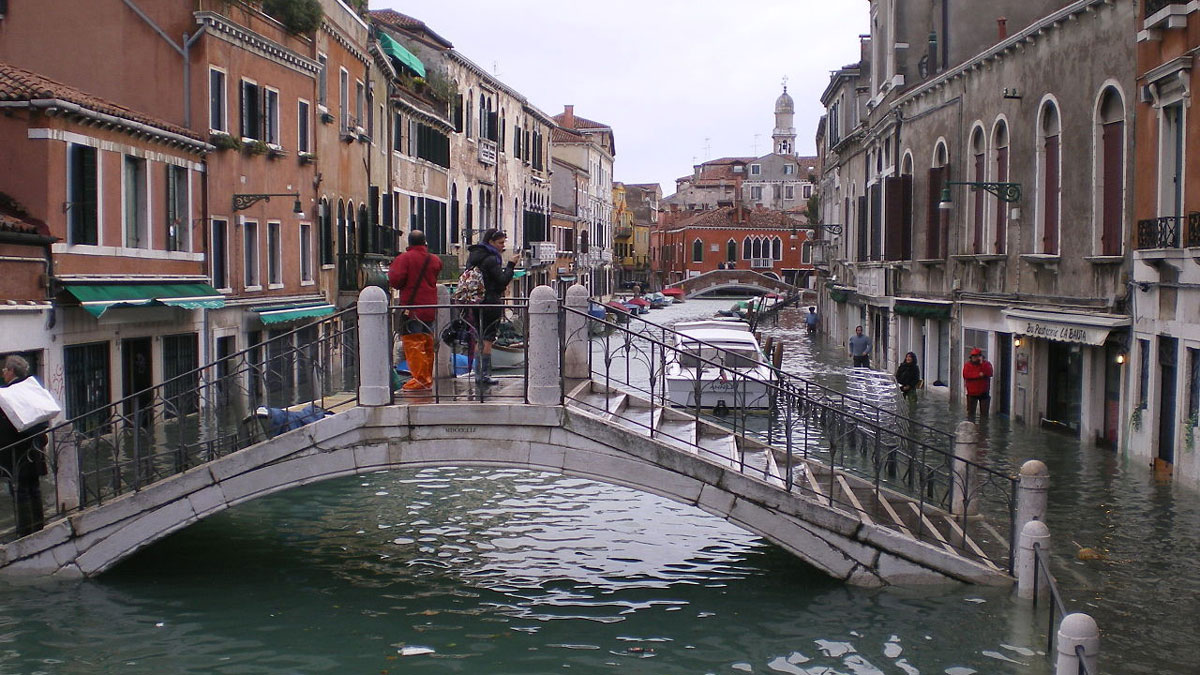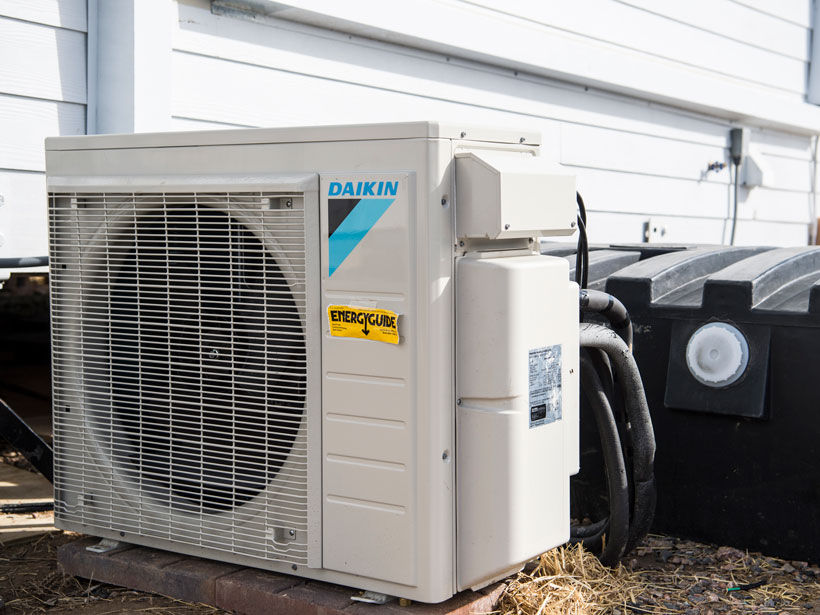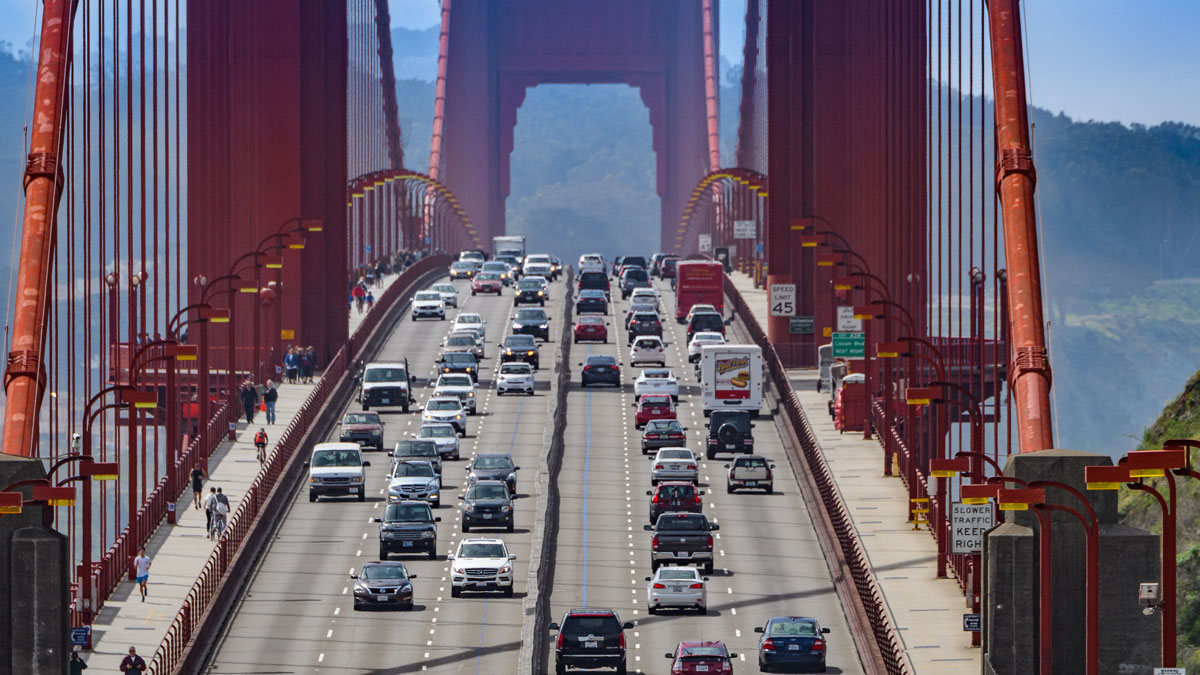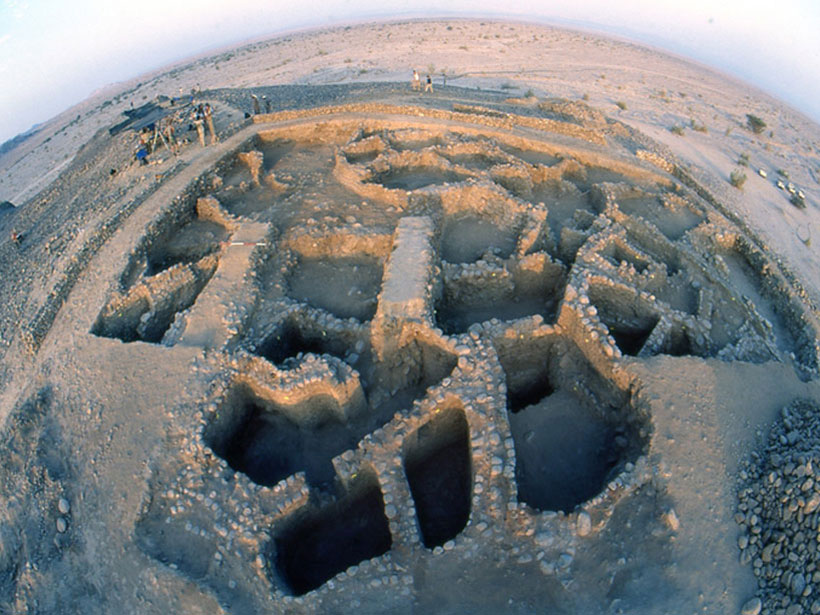Climate change increases massive storm surges, which may be more than Venice’s flood-control system can handle.
ENGAGE
Las bombas de calor pueden reducir las emisiones de los hogares, pero no en todas partes
Un nuevo estudio muestra que, en los lugares correctos, las bombas de calor pueden ayudar a los propietarios a reducir las emisiones de gases de efecto invernadero, ahorrar en costos de calefacción y aire acondicionado, y promover la salud pública.
Remote Work May Be Keeping Some Cities’ Air Cleaner
Widespread remote work may have kept air pollution lower than pre-COVID-19 lockdown levels even though restrictions were lifted in 2020, a new study finds.
Fires Lit for Agriculture Boost Air Pollution in Southeast Asia
Reducing fires lit for agricultural management and deforestation, which unduly affect poorer populations, could help prevent 59,000 premature deaths per year.
Drone Rules Make Tracking Down Faults a Difficult Feat
Regulations differ from country to country, but on one point, they’re relatively uniform: Drones must remain within their operators’ line of sight. How do earthquake scientists collect drone data while working within the rules?
Pyrenees Glaciers Are Rapidly Disappearing
Three of the remaining glaciers in the Pyrenees mountain range stopped flowing in the past decade.
Freshwater Mussel Shells May Retain Record of Alpine Snowpack
A new study explores a possible proxy for seasonal freshwater input that could elucidate changes in alpine snowpack as the planet warms.
How Do You Know If You’ve Experienced Global Warming?
Answering this question can help policymakers, scientists, and climate communicators develop more effective strategies to reach skeptics and deniers.
Degraded Coral Reefs May Be More Resistant to Climate Change
New research on Kiribati’s beleaguered atolls paints a complex picture of reef recovery.
Ancient Flint Tools Reveal Earth’s Changing Magnetic Field
Stone tools may provide data on paleomagnetism that are out of reach for other markers, such as prehistoric pottery.










